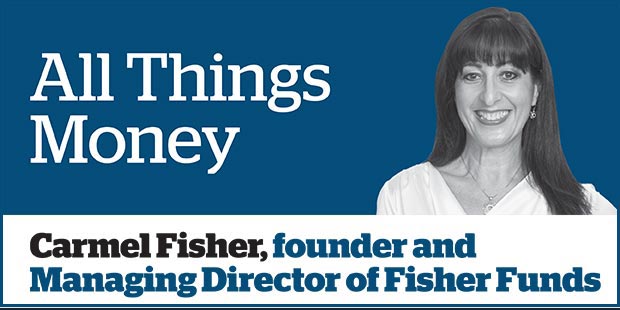If investors could be bothered wading through academic research of recent decades on markets and investor behaviour, they'd probably feel like giving investing a wide berth.
Of the many research conclusions published in the past 30-odd years, the most compelling is the one that says no investor can beat the market over time. It seems most investors are trying to win an unwinnable game because there are things about the market and the way investors universally behave that conspire against anyone trying to achieve better returns than everybody else.
The two main handbrakes to investing success are the Efficient Market Hypothesis and Behavioural Theory. The efficient market hypothesis was developed by Eugene Fama way back in 1966 and basically said there are no identifiable patterns in the share market and that the prices of all shares at any time are fair and reflect all the information that every investor has.
That is, nobody can have a competitive advantage or find inefficiencies in the market to exploit. So investors should give up trying.
Even professional investors who have seemingly found something other investors didn't know and thereby achieved better-than-market returns, have typically not been able to do it consistently nor over long periods. So professional investors too should give up trying - or at least not charge very much for the promise of achieving better-than-market returns.
Behavioural finance theory is the label given to the body of research confirming that individual emotions often spoil investors' chances of success. Among the emotionally-driven decisions we make that tend to hurt returns are the tendency to hold on to losing stocks for too long and sell winning stocks too quickly. A second common trait is overconfidence which has us blaming the market or someone else for our investing mistakes and taking credit and claiming skill even when blind luck is responsible for successful outcomes.
Another tendency is called 'recency bias', where our decisions are influenced by recent events and extrapolated into the future even when they are at odds with long-term historic patterns or statistical probability.
It is at this point that I would like to reassure those who have started dialling their brokers to sell everything in their portfolio! The academic research is compelling and there are certainly lessons every investor can learn from these studies of thousands of investors and markets over many, many years.
But there are enough investors who have experienced investment success to suggest that opportunities do exist for the unwinnable to be won.
For a start, if the market is efficient and every investor knows enough to be able to fairly value every stock, how come certain stocks rally strongly and sometimes for long periods of time, benefiting some investors over others? The simple fact is some markets are less efficient than others and there are still opportunities to know something or understand an investment better than other investors - and benefit accordingly.
In many years, small company stocks have performed better than large cap stocks, often because smaller companies are not researched by many analysts - giving investors an information advantage.
The efficient market hypothesis also assumes markets and investors are inherently rational. A quarter of a century of investing has convinced me that investors are not always rational and great opportunities can arise at times of maximum irrationality.
As for behavioural finance, all investors would do well to remember that emotion has no role in investing. As professional investors, we apply rules and a disciplined framework to avoid the worst of human nature. Individual investors can similarly learn to manage emotions and overcome the natural human tendencies that can, but certainly don't have to, prevent the winnable from being won.

